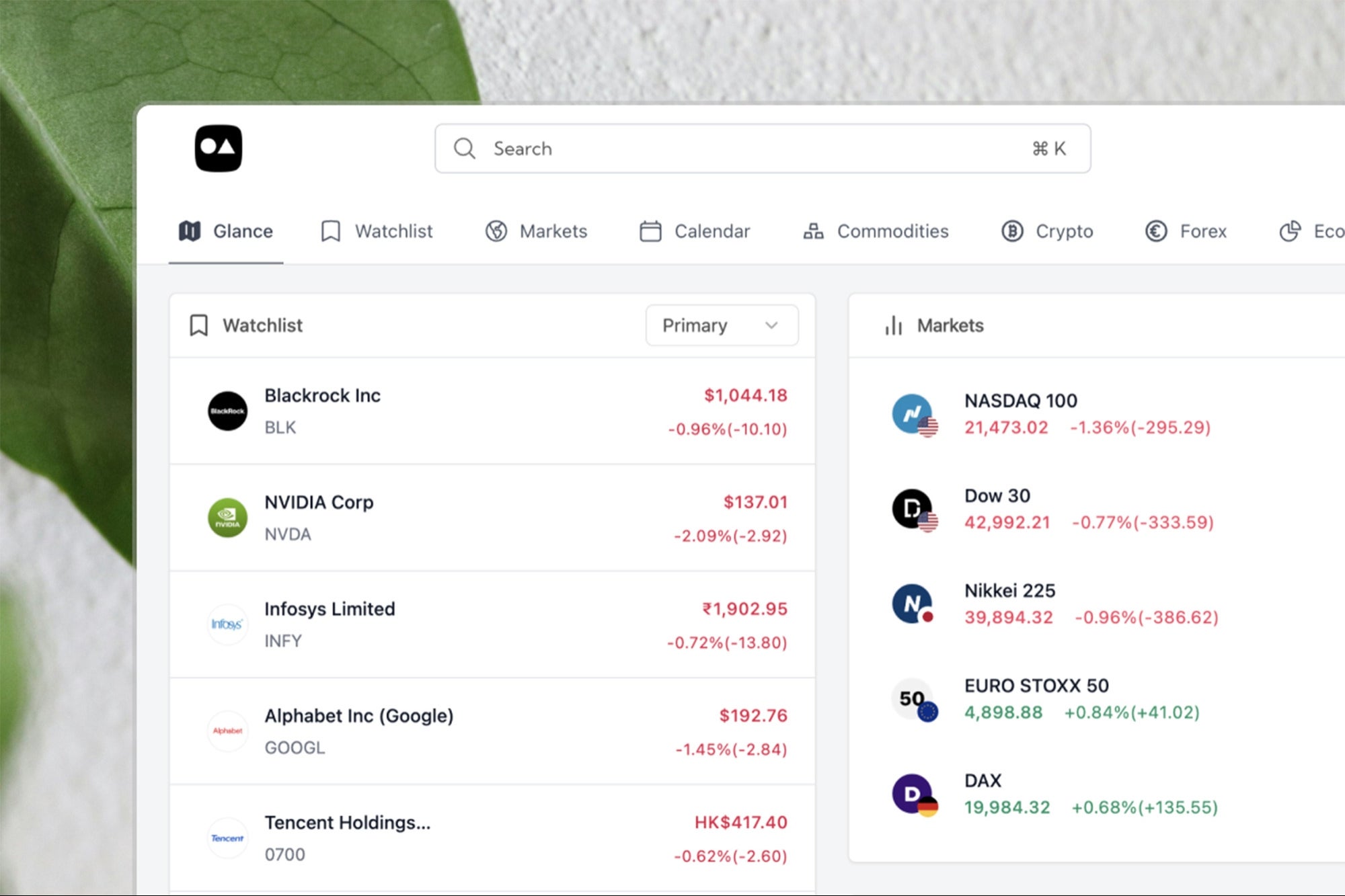Impress Your Interviewer with These Smart, Tactical Questions Here are some questions you can ask in your next interview to become the preferred candidate.
By John Rampton Edited by Mark Klekas
Opinions expressed by BIZ Experiences contributors are their own.
When applying for a new job and preparing for the interview, it's not uncommon to prepare for the questions you might be asked. However, it's essential not to forget that it takes two to tango in a job interview. In addition to thinking through how to answer questions, it's also important to have a set of your own to ask the interviewer. After all, you're not only evaluating your own qualifications and fit for the role, but you are also assessing the company and the job.
Asking thoughtful questions is integral to the interview process. The answers will help you understand the company's culture, team dynamics and job expectations. But that's just scratching the surface. Below, I'll share some helpful reasons you should be asking questions during an interview and the types you should consider asking.
Related: 7 Founders Share Their Worst Boss Horror Stories, and What They Learned From the Lunatics
Why it's important to ask questions
Before I get into the specific questions you should ask when interviewing for a job, I want to discuss the key reasons why asking questions is crucial in the first place:
Shows interest
If you're strategic, questions demonstrate your genuine interest in the company and the job. Be sure that your questions are formulated based on the research you've done on the company and are not just generic or even random. You want to ask thoughtful, engaging questions that show you are eager and willing to learn more about the company. It can make you stand out.
Verifies qualifications
By asking questions, you confirm that you are qualified for the job. Being qualified for the job seems like the obvious reason you'd be applying, but simply being qualified isn't enough to woo a new employer. Many people are qualified, but to dig deeper, you should be asking questions that exemplify how you will be applying your unique qualifications in your role. While these questions shouldn't be overly specific, they should be somewhat inquisitive.
Gathers information
An interview is a great way to learn about a company, a role, and the team. Use this time to find out what you would really want to know about the company. You can gain more in-depth information about the company's mission, values, goals, and culture, and you'll gain a better understanding of what to expect in terms of the kind of company you would be working for.
Related: The Ultimate Guide on How to Prepare for a Job Interview
Assesses fit
While I noted the importance of verifying that you are qualified for the job, you should also ask questions to assess whether the job suits you. In particular, knowing the expectations and demands of the job can determine whether a role aligns with your career goals. Sometimes, a job may seem like the perfect fit — at least on the surface — especially when it offers a competitive salary and unbeatable benefits. But, until you ask the job suitability-specific questions pertaining to your goals and needs, you could still be missing a key determining factor that you would rather know sooner than later.
Supervisors can be assessed
Asking your potential supervisors questions can help you learn more about them. For example, if you want to determine whether supervisors speak about others professionally, ask them about the clients they regularly deal with. Questions like these may seem a little more personal to the supervisor, but push back a little. Asking slightly more specific questions, whether about their outward-facing client relationships or how they would handle an in-house situation, lets you get to know your potential supervisors' character, which can be a helpful insight early on.
Promotes dialogue
By asking questions, both parties can better understand each other. Questions promote positive dialogue, which is great because it breaks the ice and helps the interview flow more naturally. After all, more dialogue can help you — and the person interviewing to avoid awkward pauses. With more dialogue, your interviewer will get to know you better and you'll both feel more confident.
It makes a good impression
In any social situation, asking questions makes a good impression. Even if you're nervous during an interview and your questions don't go as planned, just remember: the fact that you asked already sets you apart from other candidates. It's common for interviewees to feel anxious during an interview, but it's common courtesy to ask questions and be genuinely interested in another person. The conversation should go both ways.
You will likely make fewer errors or mistakes if you quit thinking about yourself and think about the other person, too. It also demonstrates your ability to apply on-the-spot critical thinking skills and shows you are alert and communicative.
Related: Here's What to Expect in a Job Interview in Today's Job Market
How to prepare your questions
Before the interview, make sure you carefully and thoroughly research the company, the position and the job description. Look for any recent news articles or press releases on the company's website, social media pages and presence.
Once you're familiar with the company, start brainstorming various questions you could ask. In doing so, be sure to avoid asking questions with answers that can easily be found on the company's website or in the job description. Since these can be easily answered, they could potentially make you look unprepared and uninformed.
Nolan Church, former Google recruiter, advises job candidates to ask about what the most important issue they can solve in the first 30 days of working there would be. The reason? You can see if the job is what you want, and you can explain how helpful you can be.
Related: 7 Surefire Habits To Prepare For A Job Interview
Categories of questions to ask
If you are interviewing for a job, you can ask the following types of questions:
Role-related questions
- In the next six to twelve months, what are the key priorities for this position?
- Can you describe the typical challenges and opportunities of this role?
- How does this role contribute to the company's and team's overall goals?
- Are there any expectations for growth and development in this position?
- How would you describe a typical metric or measure of success for this position?
Questions about specific responsibilities
- Can you elaborate on the specific tasks and projects I will be responsible for?
- How will my performance be evaluated?
- What are my key performance indicators?
- What skills and experience are most important for success in this role?
- How will I be supported and trained to succeed in this position?
Understanding the company's culture and values
- What are the company's values?
- What is the culture and work environment like at the company?
- How does the company foster a work-life balance for its employees?
- What opportunities would I have to grow and move up?
Analyzing team dynamics and management style
- How do you manage your team, and how do you provide feedback?
- How does the team collaborate and communicate with other departments?
- Is there an opportunity for mentorship and guidance within the team?
Identifying the company's goals and challenges
- Can you tell me the company's current short and long-term goals?
- What are the company's innovation and adaptability strategies?
- Are there any plans for the company's future growth and expansion?
- In what ways does the company measure its impact and social responsibility?
Demonstrating your interest and enthusiasm
- In terms of the company's mission and goals, what excites you most?
- How can I contribute my unique talents and perspectives?
- How can I improve the team's performance and the company's bottom line?
- What is the next step in the interview process?
Interviewer questions
- What do you most enjoy about working at this company?
- Can you tell me about some of the team's recent successes?
- What challenges does the team face?
- If you were to hire someone for this position, what qualities would you be looking for?
- How would you advise someone who is interviewing for this position?
So, what if you're asked, "Do you have any questions for me?" The questions above are a great place to start.
Barbara Corcoran also suggests asking, "Is there anything standing in the way of you hiring me?" This can force an interviewer to tell you their objections. Corcoran says, "There may have been a miscommunication; they didn't understand you. It gives you the last shot. And you know what else? You win the respect."
Additional tips for asking questions
Do your research on the company and the position
As a result, the interviewer will be able to see that you are genuinely interested in the position and have taken the time to understand its responsibilities.
Tailor your questions to the specific company and position
Demonstrate a genuine interest in the position by showing that you've done your research.
Ask open-ended questions that encourage conversation and elaboration
Avoid asking questions that can be answered with a simple "yes" or "no."
Don't be surprised if you are asked follow-up questions
If your questions require further clarification or elaboration, be prepared to answer.
Prepare answers to questions about your skills and experience
You should be able to provide specific examples that demonstrate your ability to perform the job.
Don't ask questions that you could easily find the answer to through a quick Google search
Your lack of diligence demonstrates that you have not done your homework.
Dress professionally and arrive on time for your interview
Show you are reliable and respectful by making a good first impression.
Save the most important questions for the end of the interview
By doing so, you will have plenty of time to ask any questions you may have.
Thank the interviewer for their time and consideration
Don't forget to let them know if you are still interested in the position.
Follow up with the interviewer after your interview
It is important to express your gratitude for their time and to reiterate your interest in working for them.












